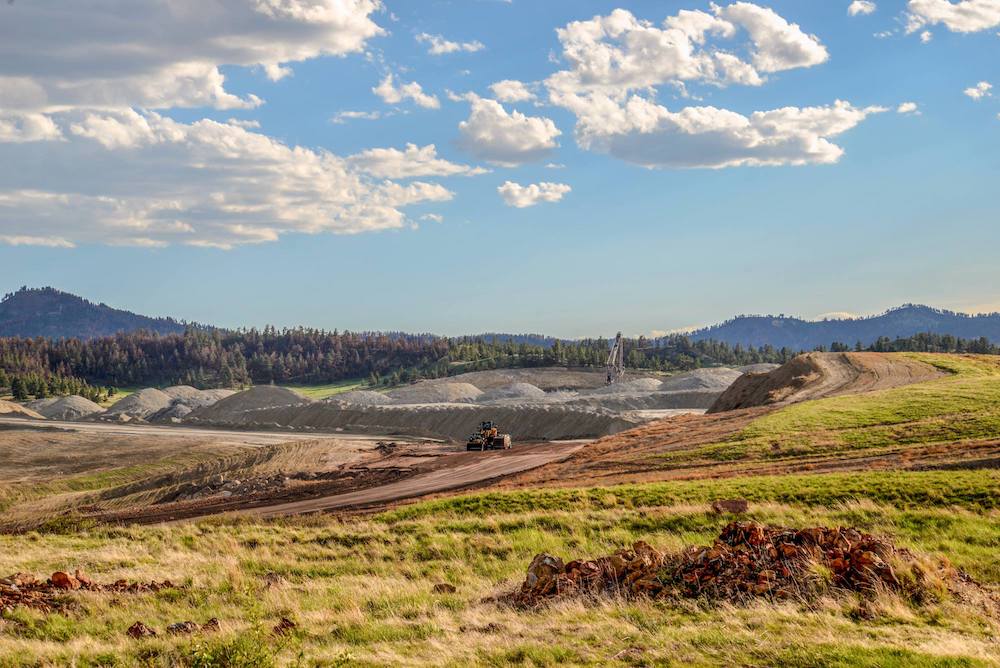Research

A people’s history of coal and natural resource development
While there is tremendous information and knowledge available from multiple primary and secondary sources, including living local experts, Apsáaloke people do not have access to an accessible narrative history of natural resource development (and exploitation) involving and affecting their homelands, past and present. The Project Advisory Board has prioritized the development of the foundation for a people’s history of coal and natural resources as a research output of this project. The goal is to create an online resource useful to all Apsáaloke people who seek to better understand resource development milestones and issues. The online resource will also help direct users to relevant documents and other resources, such as publicly-available oral history recordings. It will be built to accommodate expansion over time.
Historian and digital humanities expert Kerri Clement leads this work, mentored and advised by local experts on the Project Advisory Board and at the Little Big Horn College Library Archives. For more information, contact Kerri Clement, [email protected] .
Fiscal impacts of the coal transition, public services and social vulnerability
The non-Apsáaloke members of the research project bring combined expertise in fiscal policy, public finance, community development, resilience theory and resource geography. We have identified a substantial gap in the scholarly understanding of how key problems in these areas converge in the context of the energy transition. That research experience and familiarity with key problems in these sub-disciplines meets and is subservient to the priorities of our Apsáaloke research partners and Project Advisors who bring lived professional experience as Apsáaloke leaders, public servants and elected officials and specific scholarly as well as practical knowledge in indigenous methods, Apsáaloke history and governance, and Indian law. While our approach is constantly evolving as our relationships grow, we continue to focus on a participatory approach to using public finance data, government records, and qualitative interviews to document how public servants of the Apsáaloke Nation, drawing on decades of personal experience, understand the necessary focus and form of public services deemed critical to short and long-term flourishing of their people and local economy. We plan to examine how local institutions that deliver those services are experiencing transition impacts associated with revenue declines. We hope to then critique the capacity for existing sources of public revenue to facilitate critical public services in the context of the decline of the tribal government's single source of discretionary revenue and proposed modes of revenue replacement--including new forms of energy development as well as public and private assistance, such as federal programs or philanthropic grants.
Together, Mark Haggerty, Julia Haggerty and Roger Coupal lead this work, mentored and advised by local experts on the Project Advisory Board. For more information, contact Mark Haggerty, [email protected] .
